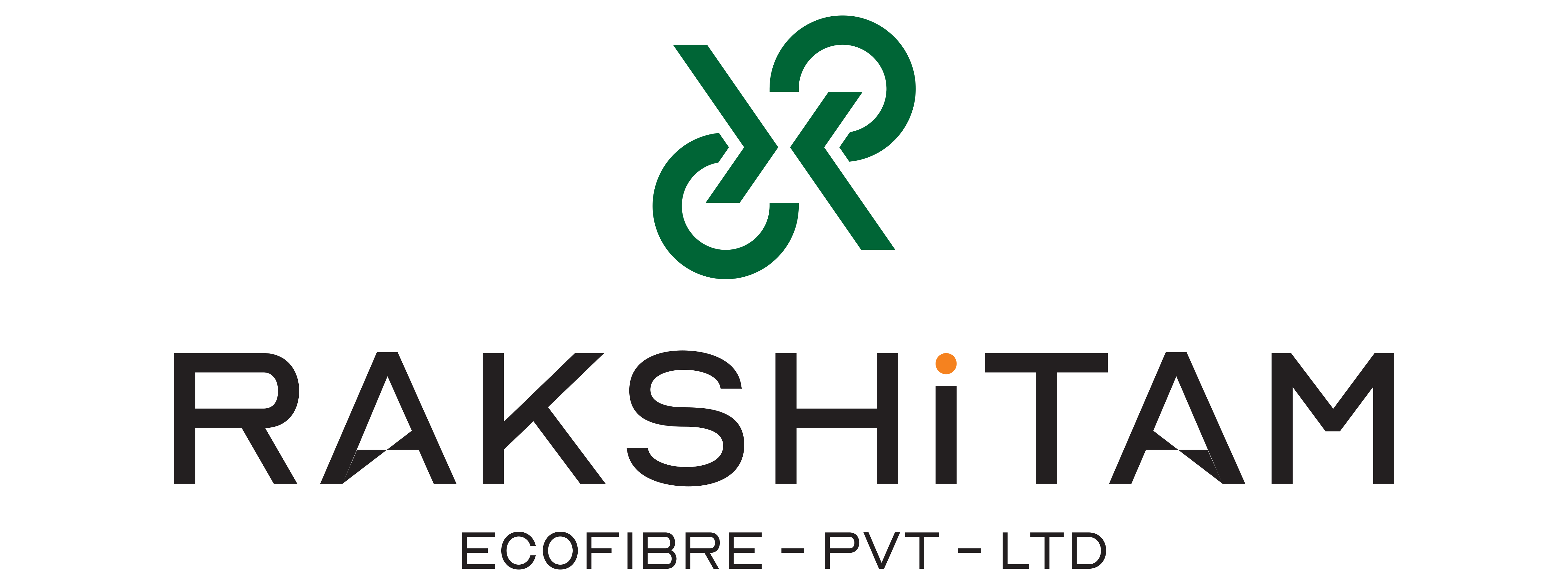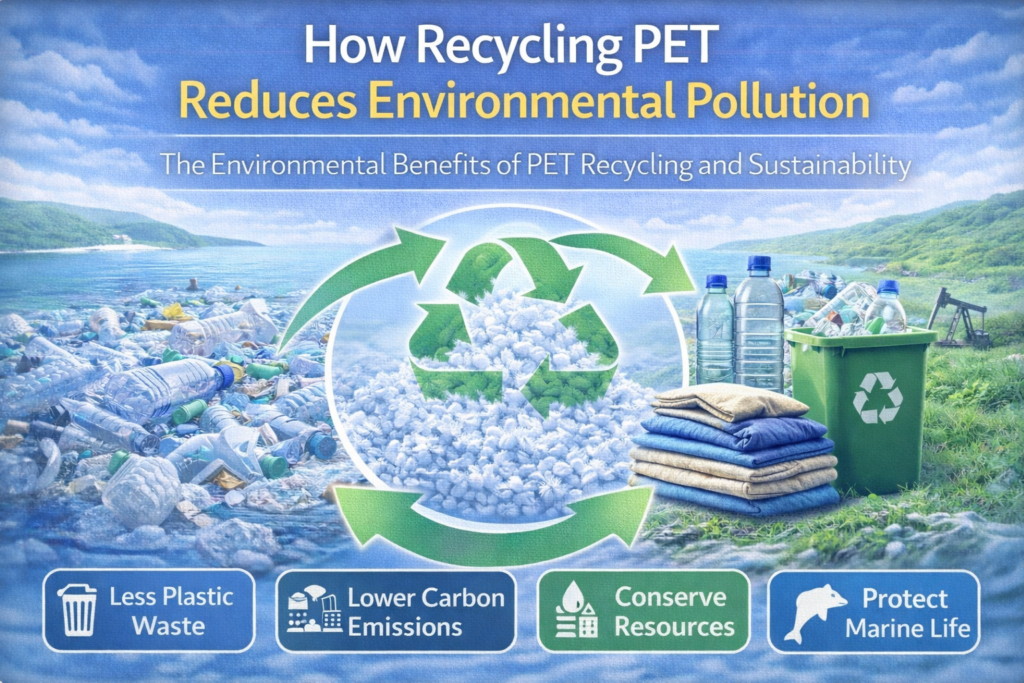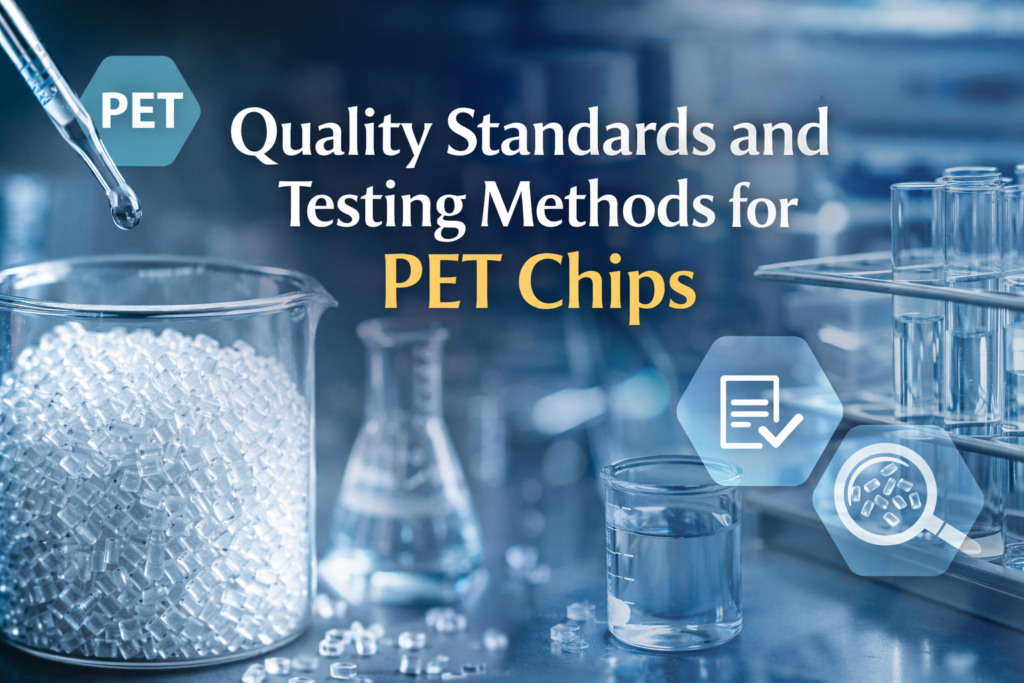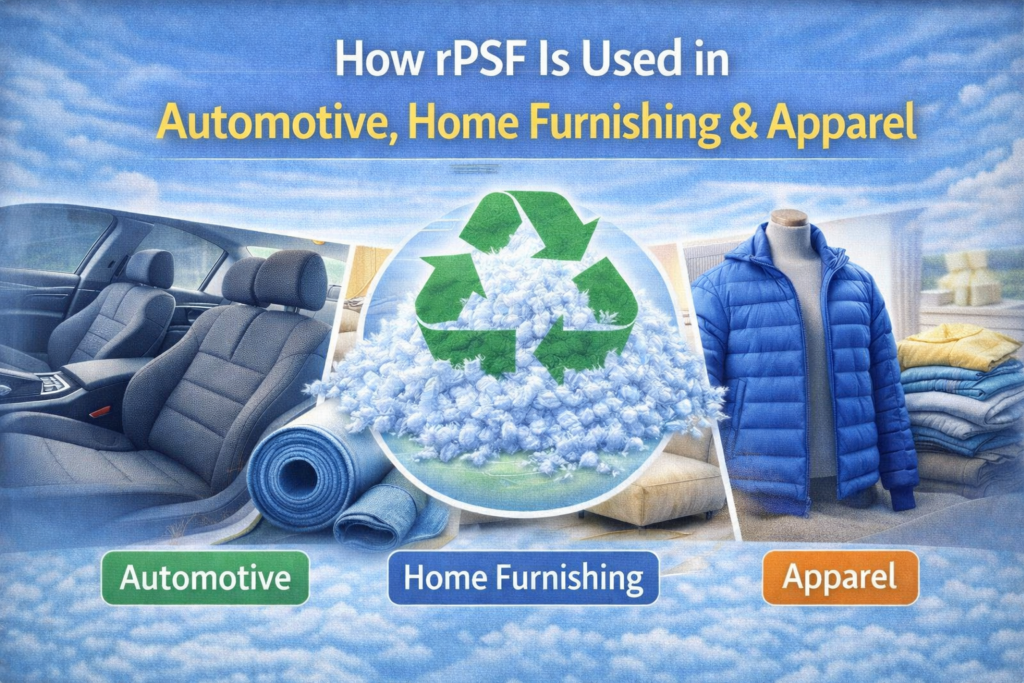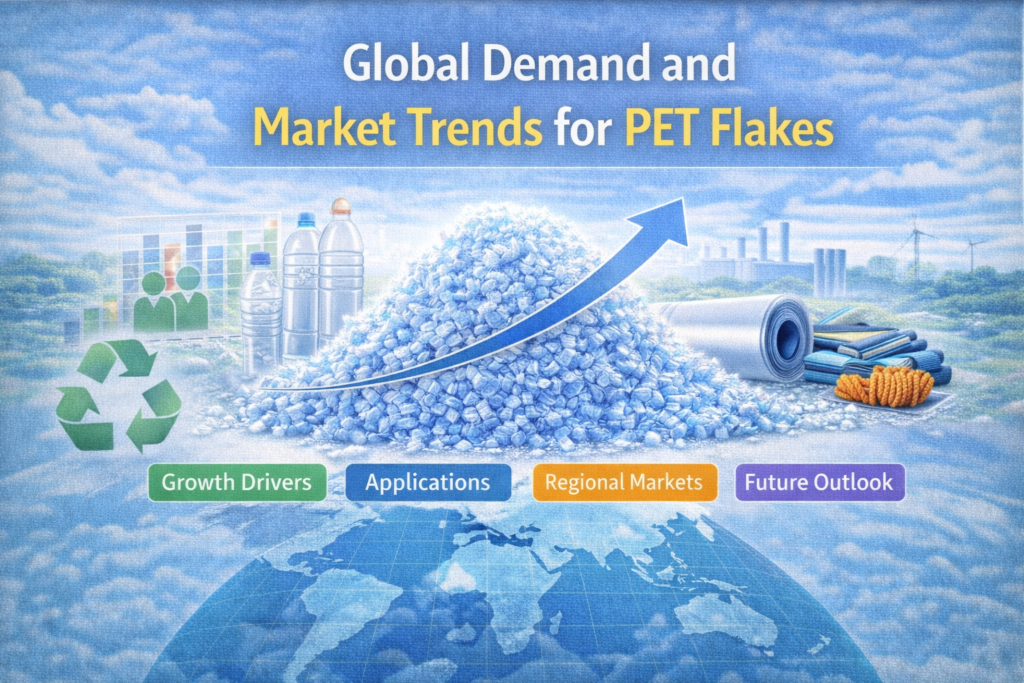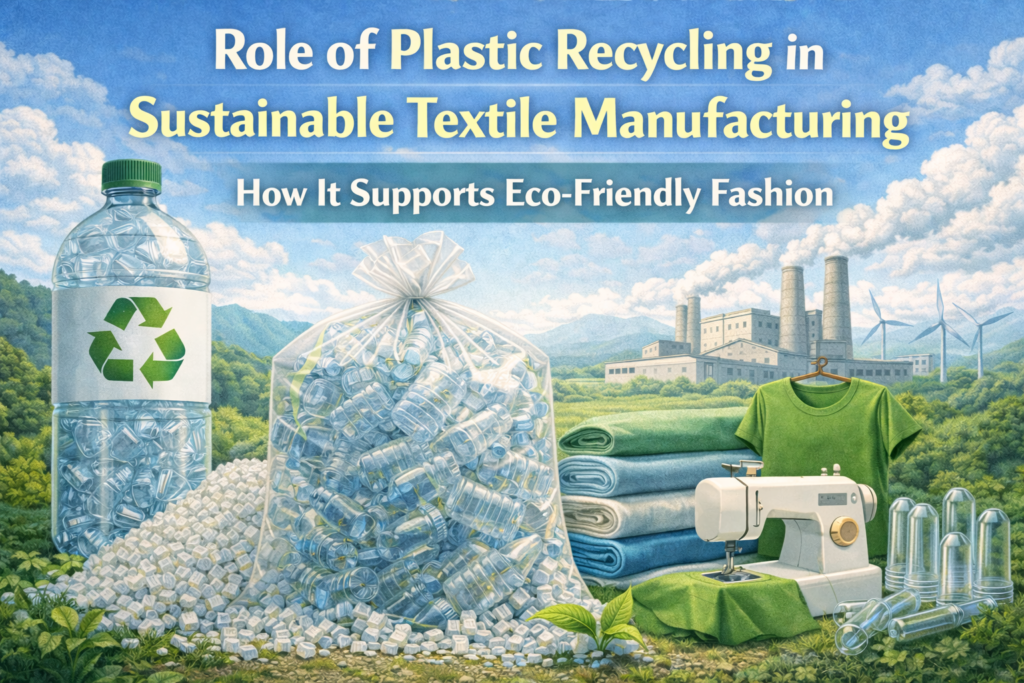Today’s heightened environmental awareness is prompting businesses to reexamine waste as an opportunity rather than a burden, and recycled PET bottles are emerging as a reliable, planet-savvy solution to the pressing global plastic surplus. Polyethylene terephthalate, commonly referred to as PET, is the packaging workhorse for beverages, food containers, and synthetic fibres. With concerns over pollution and finite resources intensifying, reprocessing discarded PET bottles into valuable new products has evolved from a nice-to-have green gesture into an essential operating principle. This approach inspires innovative design, dramatically reduces landfill volume, and bolsters the circular economy.
Environmental Benefits of rPET
Recycled PET bottles are becoming a key player in sustainability strategies, and for good reason. First, they keep millions of bottles out of landfills and oceans, shielding delicate ecosystems and wildlife. This alone has a ripple effect. Second, producing recycled rPET consumes up to 60% less energy than virgin PET, delivering an immediate cut in carbon emissions. Third, the entire recycling process is designed to be gentle on shared resources, using less water and less energy, which is a win for conservation. Finally, rPET seamlessly fits into the circular economy by turning what was once waste into valuable, reusable material, creating a system that is kind to both businesses and the planet.
Industrial and Commercial Applications
The journey of rPET stretches far beyond the recycling bin; it is reborn as cutting-edge raw material. These sectors are widely harnessing rPET for their products:
- Packaging: Beverage and food producers are now filling rPET bottles and trays to hit their environmental targets without sacrificing quality.
- Textiles: Fashion brands are knitting rPET into performance shirts, tote bags, and sneakers, marrying style with a lower ecological footprint.
- Construction and Automotive: Builders and carmakers rely on rPET for lightweight insulation, elegant dashboards, and structural panels, marrying strength with sustainability.
This versatility makes recycled PET not just a green option, but also an economically viable one.
Government and Corporate Initiatives
Around the globe, governments are tightening plastic recycling laws and enhancing recycling incentives. Companies like Coca-Cola, PepsiCo, and Nestlé are pledging to integrate growing percentages of rPET in their packaging. At the same time, consumers who prioritize sustainability are increasingly choosing brands that use recycled materials and openly share their environmental strategies.
Public authorities are adding muscle to these private commitments through policy and education. In India, the Plastic Waste Management Rules promote Extended Producer Responsibility, which requires producers to manage the plastic they’ve placed on the market once it becomes waste.
Challenges and the Road Ahead
Yet, the journey to wider rPET use is not without obstacles. Key issues include:
- Inadequate collection networks,
- Contamination during sorting and processing,
- Limited recycling facilities in emerging economies.
Technological breakthroughs—from chemical recycling to AI-assisted sorting—are starting to dismantle these barriers. With growing capital and rising public interest, recycled PET is poised to have a much bigger part in the global effort to curb plastic waste.
Also Read: PET Flakes to Fabric: How Recycled Textiles Are Reshaping Fashion in 2025
Final Thoughts
Recycled PET bottles have moved beyond fad status; they represent a smart, sustainable answer to the plastic challenge facing our planet. When shoppers pick items crafted from rPET and when companies back robust recycling programs, they each play a part in nurturing a more sustainable tomorrow. Ongoing advances in recycling technology that boost both recovery rates and the performance of the final resin show that we can consistently convert discarded material into high-value products. rPET thus remains a benchmark of how thoughtful engineering can reverse waste into opportunity.
